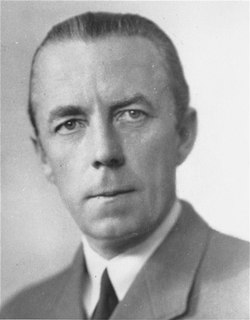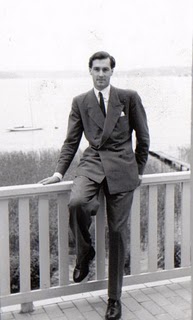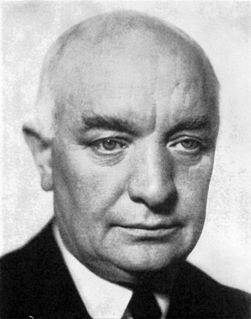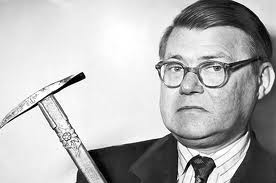 W
WFolke Bernadotte, Count of Wisborg was a Swedish nobleman and diplomat. During World War II, he negotiated the release of about 31,000 prisoners from German concentration camps, including 450 Danish Jews from the Theresienstadt camp. They were released on 14 April 1945. In 1945, he received a German surrender offer from Heinrich Himmler, though the offer was ultimately rejected.
 W
WGustav Harald Edelstam was a Swedish diplomat. During World War II he earned the nickname Svarta nejlikan for helping hundreds of Norwegian Jews, SOE agents, and saboteurs escape from the Germans. During the early 1970s he was stationed in Santiago, Chile, and became known as the "Raoul Wallenberg of the 1970s" when he helped over 1,200 Chileans, hundreds of Cuban diplomats and civilians, and 67 Uruguayan and Bolivian refugees escape persecution by dictator Augusto Pinochet.
 W
WPrince Gustaf Adolf Oscar Fredrik Arthur Edmund, Duke of Västerbotten was a Swedish prince, who for most of his life was second in the line of succession to the Swedish throne. He was the eldest son of Gustaf VI Adolf, who was crown prince for most of his son's life and ascended the Swedish throne three years after his son's death. The current king, Carl XVI Gustaf, is Prince Gustaf Adolf's son. The prince was killed on 26 January 1947 in an airplane crash at Kastrup Airport, Copenhagen, Denmark.
 W
WPer Albin Hansson was a Swedish politician, chairman of the Social Democrats from 1925 and two-time Prime Minister in four governments between 1932 and 1946, governing all that period save for a short-lived crisis in the summer of 1936, which he ended by forming a coalition government with his main adversary, Axel Pehrsson-Bramstorp. During World War II, in which Sweden maintained a policy of neutrality, he presided over a government of national unity that included all major parties in the Riksdag with the exception of the Communist Party. Forging the Social Democratic grip on Swedish politics that would last throughout the century, Hansson left an astounding legacy on his party as well as creating the idea of Sweden to become "Folkhemmet", "The People's Home". This remained intact until the early 1990s, including a strict policy of neutrality, a wide-stretching welfare state through parliamentary legislation, and reformist social corporatism rather than Marxist socialization of the means of production. Following the war, Hansson formed a Social Democratic cabinet enjoying absolute majority in the Riksdag before succumbing to a heart attack on his way home from work late at night on 6 October 1946.
 W
W"Jane" Ebba Charlotta Horney, was a Swedish woman, believed to have spied in Denmark for the benefit of Nazi Germany, and to have been killed by the Danish resistance movement on a fishing boat at Øresund, but it has never been confirmed for which nation she actually worked. The Gestapo in Denmark believed that she was an agent for the British or Soviet Union, and after World War II it was denied that she had been a Gestapo agent. Abwehr officers likewise denied, when asked by Säpo, that she had been their agent.
 W
WZarah Leander was a Swedish singer and actress whose greatest success was in Nazi Germany during the 1930s and 1940s.
 W
WTure Nerman was a Swedish socialist. As a journalist and author, he was a well-known political activist in his time. He also wrote poems and songs.
 W
WJohn Leonard Nordlander (1894-1961) was a Swedish Sea Captain and Commander commissioned by the shipping line Swedish American Line, crossing the Atlantic Ocean 532 times.
 W
WStig Adolf Roth was a Swedish art historian, museum curator, and museum director.
 W
WTorgny Karl Segerstedt was a Swedish professor and scholar of comparative religion, who later became editor-in-chief of the newspaper Göteborgs Handels- och Sjöfartstidning. He is most remembered for his uncompromising anti-Nazi stance and his efforts to alert the Swedish public to the threat of Fascism during the 1930s.
 W
WHarry Söderman was a Swedish police officer and criminalist. In his native Sweden he went by the nickname Revolver-Harry.
 W
WGeneral Olof Gerhard Thörnell was a Swedish Army officer. He was Sweden's first Supreme Commander from 8 December 1939 until 1944. Before 1939 that had been the role of the King.